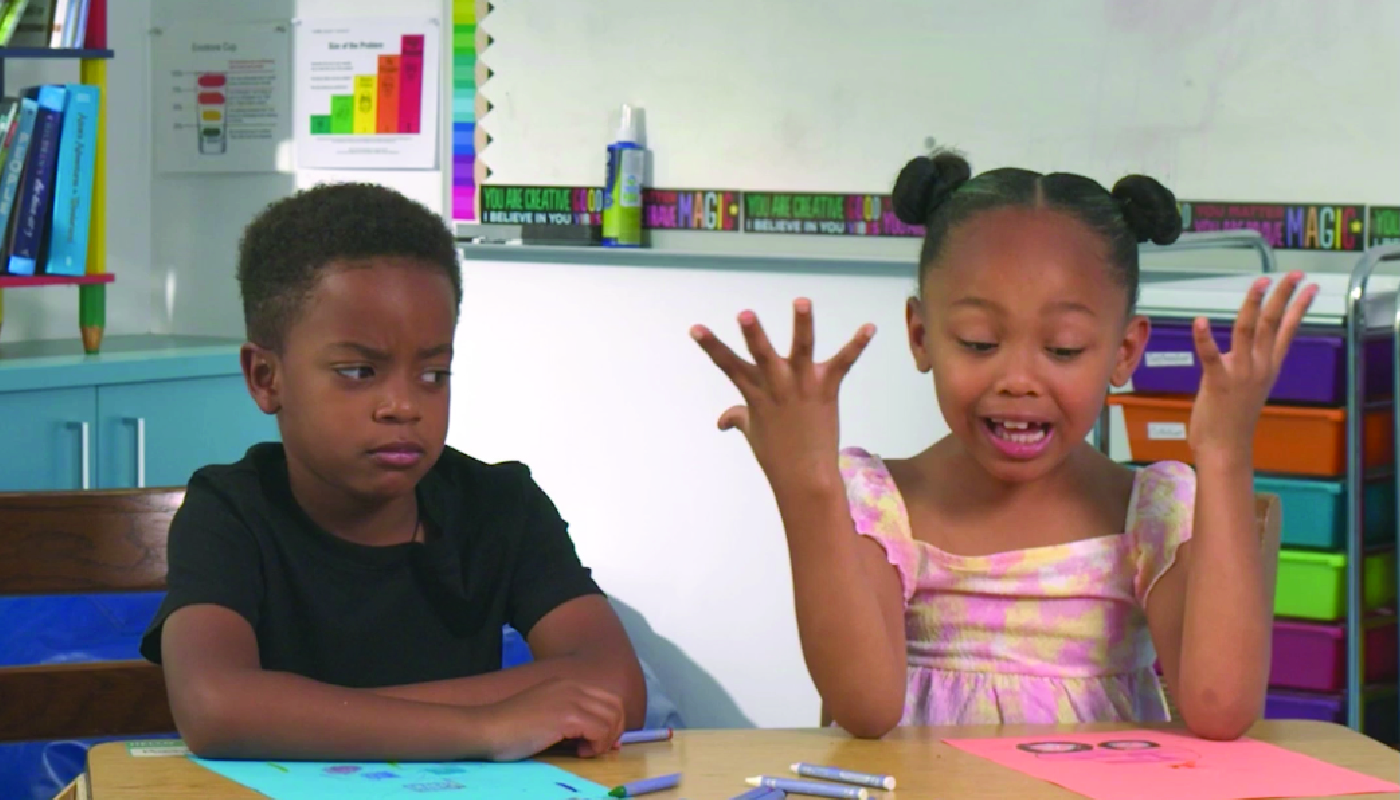Introduction
Teaching students in special education to adapt to new situations is an essential part of their learning journey. By incorporating principles of Social-Emotional Learning, educators can help students develop the necessary skills to manage their emotions, cope with change, and make positive decisions when faced with unexpected events. This blog post will provide an overview of these skills, discuss a no-prep activity, offer discussion questions, and suggest related skills to help students succeed in adapting to new situations.
No-Prep Activity
Introduce the “Switching Tracks” activity to your students. This activity helps them practice adapting to new situations by using the following four-step process:
- Naming their emotion
- Pressing pause
- Choosing a strategy
- Making a mental picture of the new change
Begin by presenting a scenario to your students where a new situation occurs, such as a substitute teacher or a change in the daily routine. Have students practice the four steps of the “Switching Tracks” activity individually or in pairs. Encourage them to share their experiences and discuss how they felt during the process.
Discussion Questions
- How did you feel when faced with the new situation? Were you able to identify your emotions?
- What strategies did you choose to help you adapt to the change? How did they help?
- How did creating a mental picture of the new situation help you manage your emotions and adapt to the change?
- Can you think of a time when you faced a new situation outside of the classroom? How did you handle it?
- How can practicing the “Switching Tracks” activity help you in other areas of your life?
Related Skills
There are several other related skills that can help students in special education adapt to new situations and develop their Social-Emotional Learning abilities:
- Self-awareness: Understanding their own emotions, strengths, and weaknesses.
- Self-regulation: Managing their emotions and behavior in a healthy way.
- Communication: Expressing their thoughts, feelings, and needs effectively to others.
- Problem-solving: Identifying and resolving challenges in a constructive manner.
- Empathy: Understanding and sharing the feelings of others.
Next Steps
Helping students in special education adapt to new situations is a vital part of their development. By incorporating the principles of Social-Emotional Learning and practicing activities like “Switching Tracks,” educators can better prepare their students for the changes and challenges they may face in their lives. To access more resources and free sample materials on Social-Emotional Learning skills, sign up at Everyday Speech.






